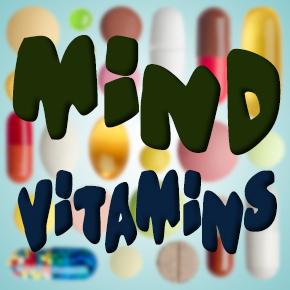Palliative Care: What Makes a Life Worth Living?
The traditional structure of medical education begins with teaching normal anatomy and physiology followed by the various pathologies and treatments. Once students reach the clinical years, we are taught to think in the form of a SOAP note. First, perform a history and physical; then, order the necessary diagnostic tests to obtain your subjective and objective information. Next, form your assessment and plan — what is the problem, and how do you fix it?

